History and Politics
Introduction
The History and Politics Department has a philosophy that combines academic rigour with a commitment to high quality teaching and learning. At the heart of its philosophy is a commitment to an enquiry-led approach in which students analyse a wide variety of historical sources and information, in order to answer key questions. The department uses a wide range of activities and resources, including textbook work, role-plays, group work and human timelines. A lot of work is also put into developing pupil’s historical skills, including historical significance, interpretation and cause and consequence.
Years 7 – 9
The over-arching theme of the key stage 3 History course at Halliford is ‘The History of Britain and its relationship with the wider world’. An innovative approach is taken which combines a chronological understanding with thematic comparisons, to deepen and further develop pupils’ historical understanding. In year 7, after an introduction to the study of history, students learn about the Norman Conquest and the medieval world. In Year 8, they continue with the Tudor and Stuarts, before moving on to studying the British Empire and the Industrial Revolution. Year 9 concludes with a focus on the Twentieth Century World. Throughout the course, pupils are encouraged to make thematic comparisons, including warfare, empire, religion and individual rights, across the different historical periods.
GCSE
Four different topics are studied at GCSE. In year 10, students start the course with a development study, Medicine and Health Through Time. Students study key aspects of medicine and health through four different periods, the Middle Ages, the Renaissance, the Victorian Era and the Twentieth Century. This is followed by a depth study on Weimar and Nazi Germany, which includes studying Germany in the 1920s, the rise of Hitler and the Nazi Party, and life in Germany under the Nazis from 1933-1939. In year 11, the topics of Elizabethan England and the Cold War complete the course.
A Level
The expansive approach towards History continues at A Level. The department uses OCR as its exam board because of the range and combination of different topics available. In year 12, the Early Tudors and the French Revolution and Napoleon are taught, and this is complemented with a more modern course in year 13 on Civil Rights in the USA 1865-1992. In year 13, students also complete an extended coursework essay on a topic of their choice of about 4000 words in length.
The department also offers A Level politics. We follow the Edexcel which includes three key components, UK Politics, UK Government and Comparative Politics (USA). The topics include: democracy and participation, political parties, electoral systems, voting behaviour and the media; the constitution, parliament, Prime Minister and executive; the US Constitution and federalism, US Presidency, US Supreme Court and civil rights.
Tours and Trips
The Department has traditionally always sought to provide a variety of day and residential trips to support and enhance learning. The Department organises an annual trip for all Year 9 pupils to the World War One battlefield sites of Ypres. It also organises a bi-annual trip to Paris for Sixth Form History students as part of their A Level study on the French Revolution. Closer to home, Year 8 visit Hampton Court Palace as part of their study of the Norman Conquest, and visits to academic lectures and to Parliament are organised for Sixth Form students.


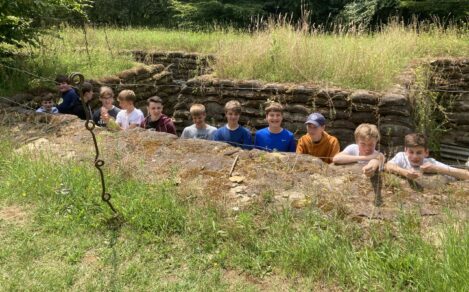
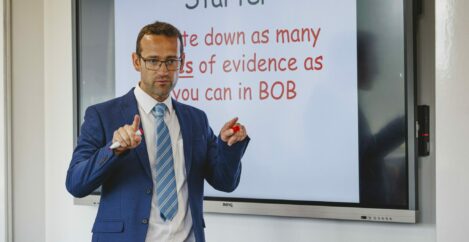


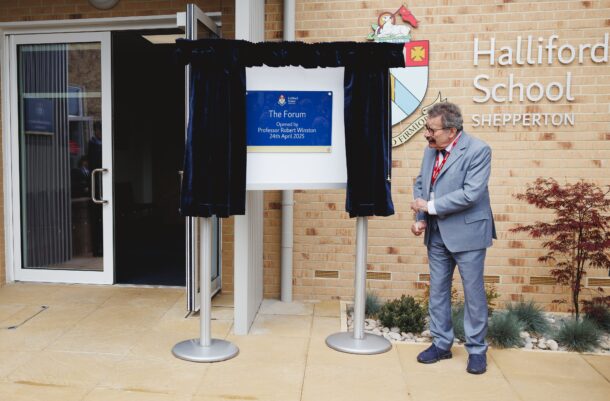


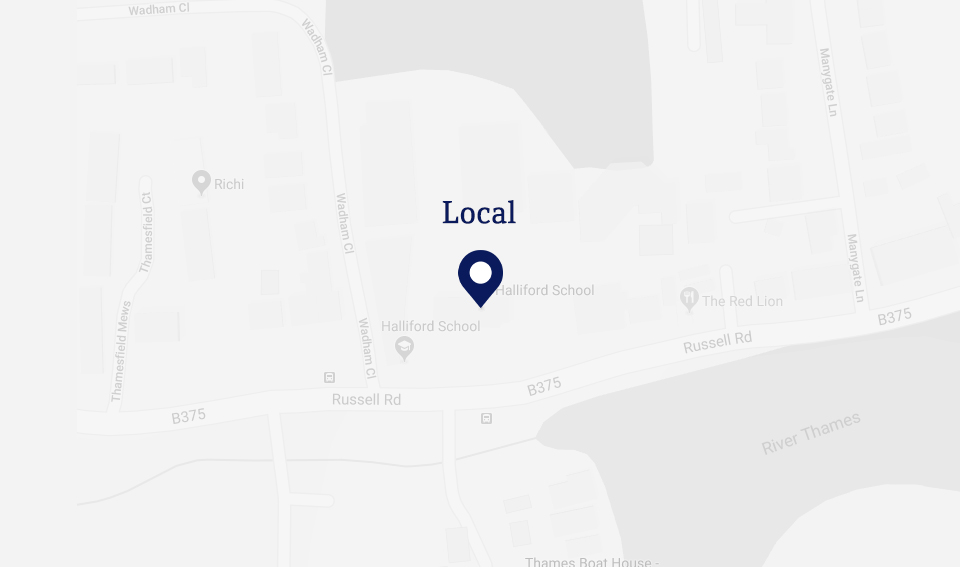
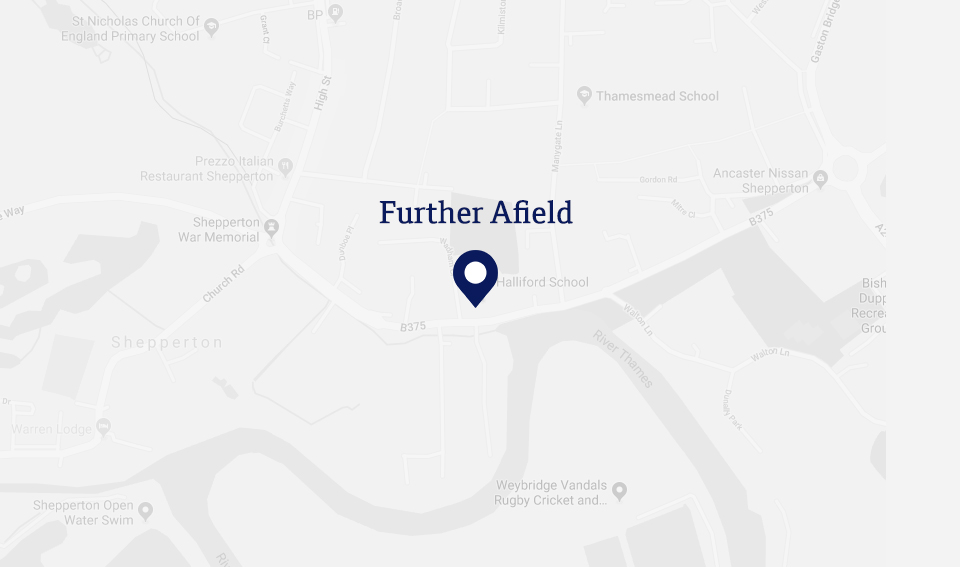
0 CommentsComment on Facebook